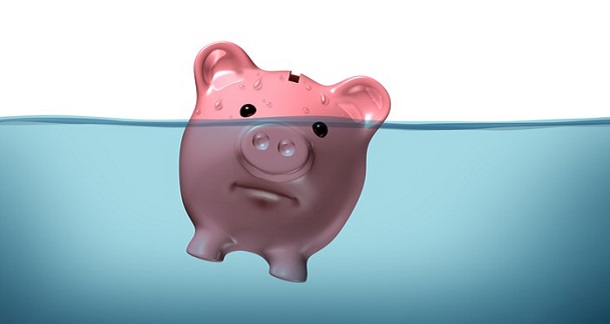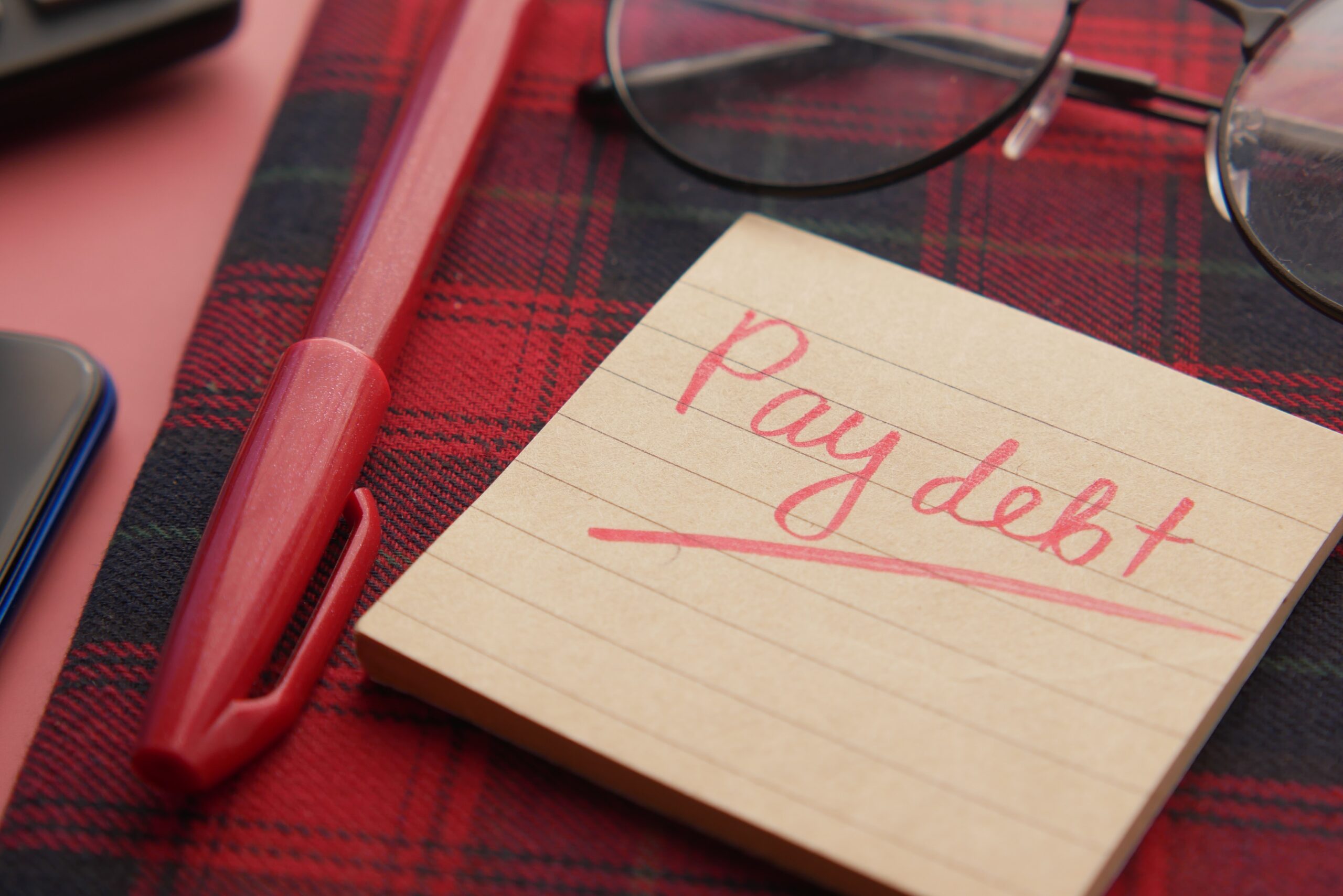
When you’ve debts you can’t pay, you have a number of options. None simply write off your debts, but they do make them more manageable, meaning it’s easier to become debt free.
Debt Management Plan (DMP)

A Debt Management Plan (DMP) is an informal agreement relating to non-priority debts, e.g. credit cards, personal loans, store cards, catalogue accounts, overdrafts, payday loans, and money borrowed from family or friends. A financial adviser can arrange these for you.
You make a monthly payment to the adviser, and they pay off your creditors under agreed terms until your debt is paid off; no portion of your debt is written off. They are a good idea if you’re fine paying your priority debts, e.g. mortgages and council tax, and regular living expenses, e.g. food, but aren’t coping with your additional non-priority debts.
There are lots of companies out there offering to arrange DMPs, some of them for a fee. However, many charities such as Step Change will arrange DMPs for you free of charge.
Administration Order (AO)
AOs are legally binding and apply if you’ve had a county court or high court judgement against you that is under £5,000 and spread over at least two creditors. Because it’s legally binding, your creditors have to abide by the agreement. Once a monthly payment is agreed, you pay this to the court, who pay your creditors; the court keeps 10% of your payment as a processing fee.
AOs stay in place until your debts are paid off; no portion of your debt is written off. They are recorded on the Register of Judgements, Orders and Fines and your credit file; they stay on the register for six years and your credit file until your debts have been paid off.
If you want to apply for an AO and have debts above £5,000, you can ask your creditors to reduce the amount to make you eligible or apply to a charity for a hardship grant to, again, help you reduce the amount you owe below £5,000.
Individual Voluntary Arrangement (IVA)

An Individual Voluntary Arrangement (IVA) is a legally binding agreement with your creditors to pay back your debts over an agreed period, normally five years. With an IVA you work with an insolvency practitioner, who reaches an agreement with creditors on your behalf; creditors for 75% of your debt have to agree to the IVA for it to be approved.
Once it has been approved, all your creditors have to abide by it. You make a monthly payment to the insolvency practitioner, who pays your creditors. IVAs are recorded on the insolvency register and your credit file. If you haven’t paid off all your debts at the end of the IVA, the remainder will be written off.
Practitioners charge a monthly fee equivalent to a set percentage of your repayments. Before you agree to work with a practitioner, make sure you understand how much it will cost you.
Debt Relief Order (DRO)

A Debt Relief Order allows people on low incomes and debts under £20,000 who are not homeowners to write off their non-priority debts after one year. They must have under £50 disposable income left at the end of the month to be eligible. DROs have to be filed through a registered debt adviser, e.g. Citizens Advice, and there is a fee of £90 which has to be paid before the filing can be made.
Once it has been paid, your debts are frozen, and your creditors can’t come after you. If your financial situation doesn’t significantly change in a year, your debts are written off.
DROs apply to credit card debt, overdrafts, personal loans, rent, utility and tax arrears, benefits overpayment and hire purchase agreements. They don’t apply to magistrate court fines, confiscation orders, child support and maintenance, or student or social fund loans.
Bankruptcy Order

If you can’t pay back your debts and want a fresh financial start, bankruptcy allows you to do just that, although it will be part of the public record and on your credit record for six years, meaning you might struggle to get credit. Most debts are covered by bankruptcy, though some, e.g. student loans and court fees, aren’t and will still need to be paid back.
Bankruptcy is legally binding, and you can’t be pursued by your creditors. With bankruptcy, you will be asked to make payments towards your debts for three years if your income is considered high enough. Otherwise, your debt will be written off.
Declaring bankruptcy or Sequestration if you’re Scottish will have a significant impact on your life and you should consider carefully before applying. For example, you will not be able to be a director or owner of a company, or you might be subject to a bankruptcy restriction order that can last up to fifteen years.



